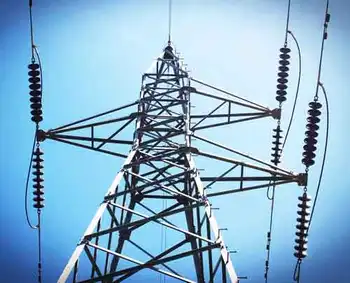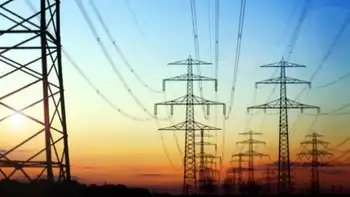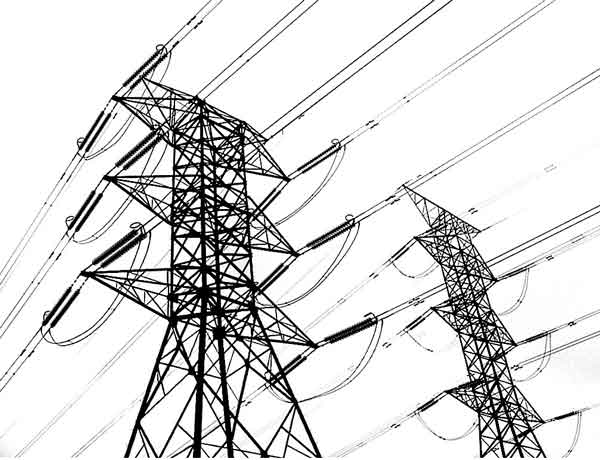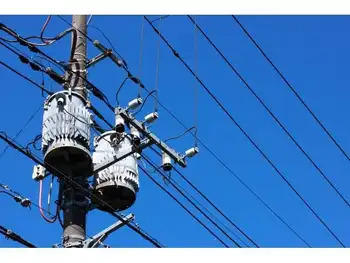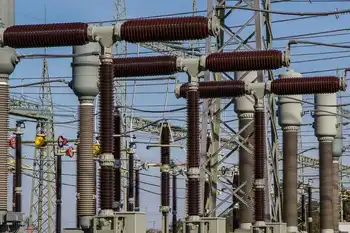More residents fall behind on electric bills
By Baltimore Daily Record
Substation Relay Protection Training
Our customized live online or in‑person group training can be delivered to your staff at your location.

- Live Online
- 12 hours Instructor-led
- Group Training Available
The PSC compared two years of data from October 2006 through September 2008. It found that more residential utility customers in Maryland have fallen further behind on their bills. This leads energy companies to warn more customers of service shut-off, and eventually disconnect power.
Baltimore Gas & Electric Co. provides service to 56 percent of the state's nearly 2 million residential customers. It had the highest average number of customers with bills more than 21 days past due during a 12-month period.
From October 2007 to September 2008, customers owed BGE almost $81 million, an increase of more than $30 million from the year before.
"It's probably a combination of the most vulnerable customers getting hit and the most aggressive rate spike," said Johanna Neumann, policy advocate for the Maryland Public Interest Research Group.
BGE customers were subject to a 72 percent rate increase in June 2007, after the General Assembly lifted price caps it imposed when the state's energy industry moved to deregulation.
"We have seen the past due amounts increase over (the past year), and certainly we believe that is at least in part due to rising energy prices and the transition to deregulation, but we have been taking a number of steps to help our customers," said Linda Foy, a BGE spokeswoman.
The statewide average amount a residential customer with overdue bills owed went up 36 percent during the past two years. According to the PSC, the average amount owed was $340 in the last year, compared with $250 from 2006 to 2007.
At BGE, customers owed an average of $368 from 2006 to 2007 and $596 over the past year — an increase of 62 percent.
BGE had an average of 140,000 customers with unpaid bills from 2007 to 2008, or 12.7 percent of its customers. Potomac Electric Power Co., Allegheny Power and Delmarva Power, the state's other main power companies, respectively had average customer delinquencies of 20 percent, 16.8 percent and 23.4 percent during the same time.
Foy said 9 percent to 15 percent of BGE customers are behind on utility payments at all times.
BGE urges customers to contact the company before service is cut off, Foy said.
The Fuel Fund of Maryland is one place residents get help with bills. The group serves low-income residents who make about $1,000 a month, according to Mary Ellen Vanni, the group's executive director.
The Fuel Fund works to help customers pay their bills with aid from BGE. Customers must pay one-third of their bill, the group pays one-third and BGE credits the customer for the rest.
"The big issue is that one-third now is more than a customer can afford," Vanni said.
Vanni's group depends on donations, but she said lately it has been harder to raise money to serve all the people who need help.
"I think that policymakers certainly recognize the need and have tried to fund the need," said Theresa Czarski of the Office of the People's Counsel. "The problem is with the economy and tax receipts being down, I'm not sure that anyone can count on more government assistance this year."





